Honorees have demonstrated outstanding service, teaching, inventorship and commercialization.
(text and background only visible when logged in)
The College of Engineering has announced the fourth annual Faculty Awards, honoring eight faculty members for their excellence in research, service, teaching, inventorship, and commercialization.
Candidates were nominated by their peers or submitted self-nominations. Materials were reviewed by a committee of academic and research faculty members within the College. Each honoree receives $2,000.
(text and background only visible when logged in)
Outstanding Faculty Achievement in Research Award (Early Career)
Fan Zhang
Assistant Professor
George W. Woodruff School of Mechanical Engineering
Zhang is a nuclear engineer who focuses on cybersecurity through machine learning. She is a principal or co-investigator on multiple Department of Energy (DOE) Nuclear Energy University Program grants. One of them has her designing a cyber-resilient architecture for advanced reactors.
Zhang’s research also includes robot-assisted nuclear power plant monitoring to improve safety and efficiency. The technology would significantly reduce human worker presence in harsh and potentially hazardous environments.The work earned her the inaugural DOE Office of Nuclear Energy (NE) Distinguished Early Career Award.
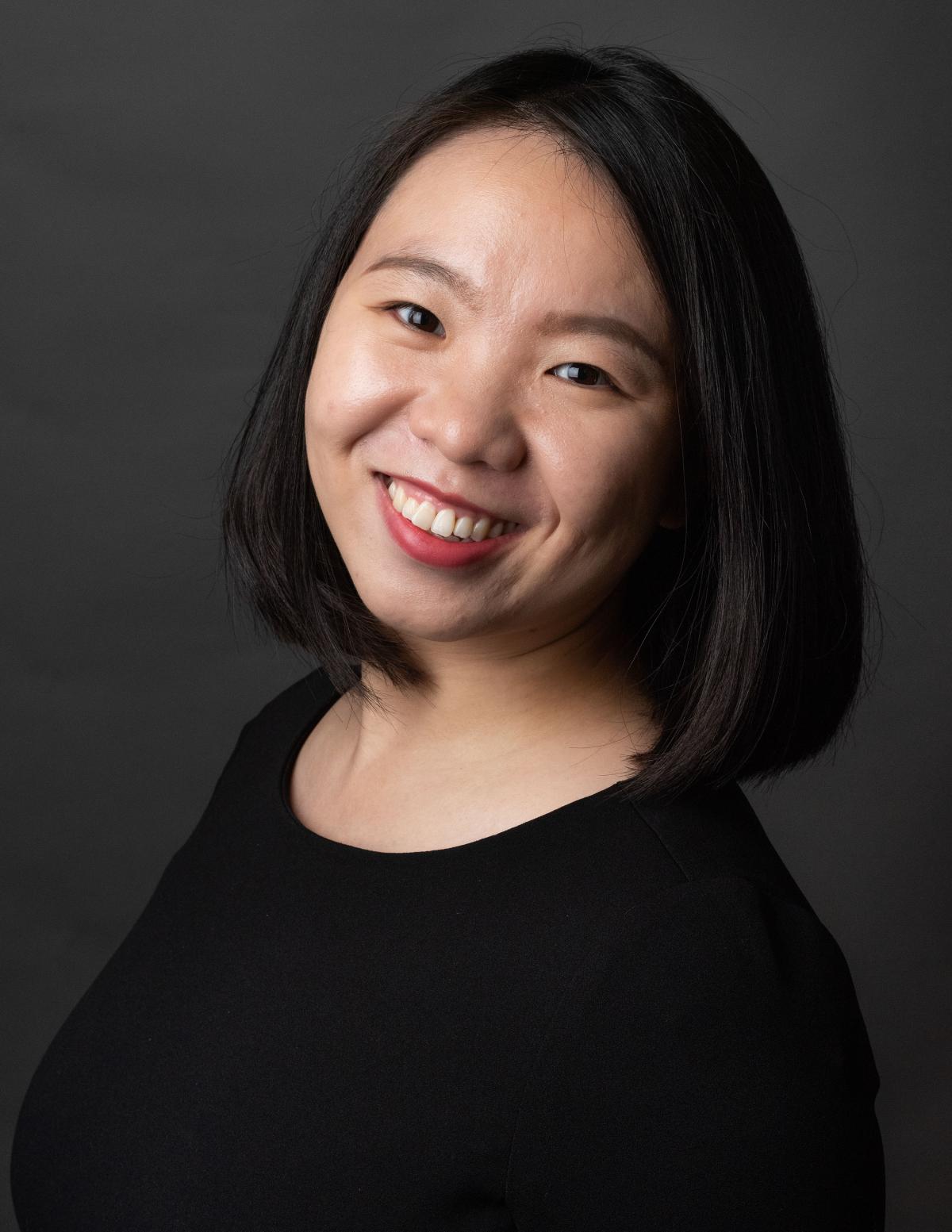
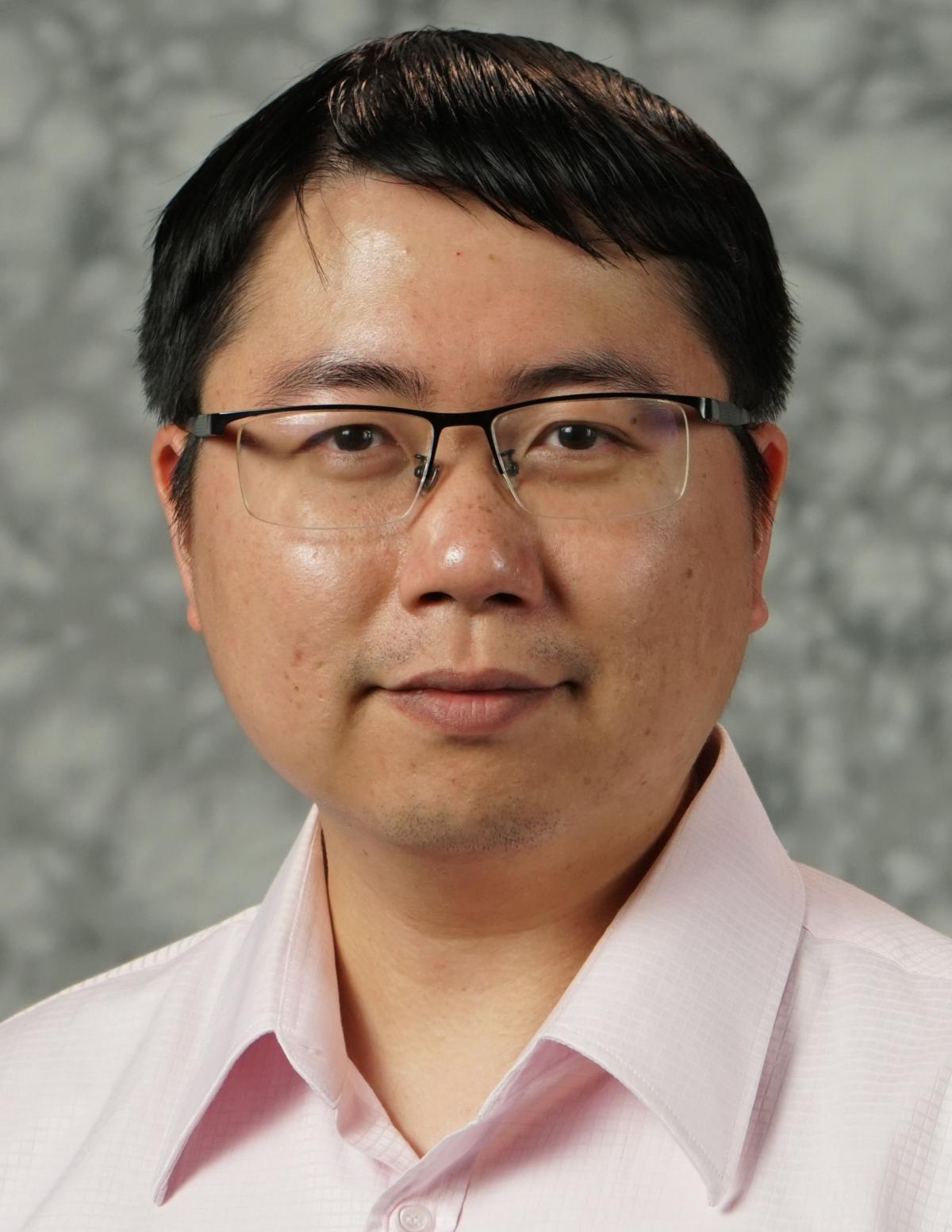
Outstanding Faculty Achievement in Research Award (Midcareer)
Shimeng Yu
Dean’s Professor
School of Electrical and Computer Engineering
Yu is a global expert in semiconductors and microelectronics, especially AI hardware design using emerging memory devices. Among his accomplishments is designing a computing paradigm that merges computation into data storage, reducing data movement cost and improving the hardware system’s performance and energy efficiency when executing AI workloads.
Yu is on the leadership team of a Semiconductor Research Corporation JUMP 2.0 center and part of the Georgia Tech team collaborating on an $840 million DARPA program that is building the next generation of high-performing semiconductor microsystems.
Outstanding Faculty Achievement in Research Award (Research Faculty)
François Guillot
Principal Research Engineer
George W. Woodruff School of Mechanical Engineering
Guillot is an experimental acoustician and vibration expert who works on acoustic materials characterization and underwater acoustic sensor design. His contributions to sonar design and the measurement of viscoelastic materials used to coat ship hulls have made him a trusted voice for the U.S. Navy scientific community.
Guillot's technical mastery in the fields of Laser Doppler Vibrometry, piezoelectric sensors, viscoelastic polymer characterization and underwater vector have played a role in the success of several U.S Navy programs.
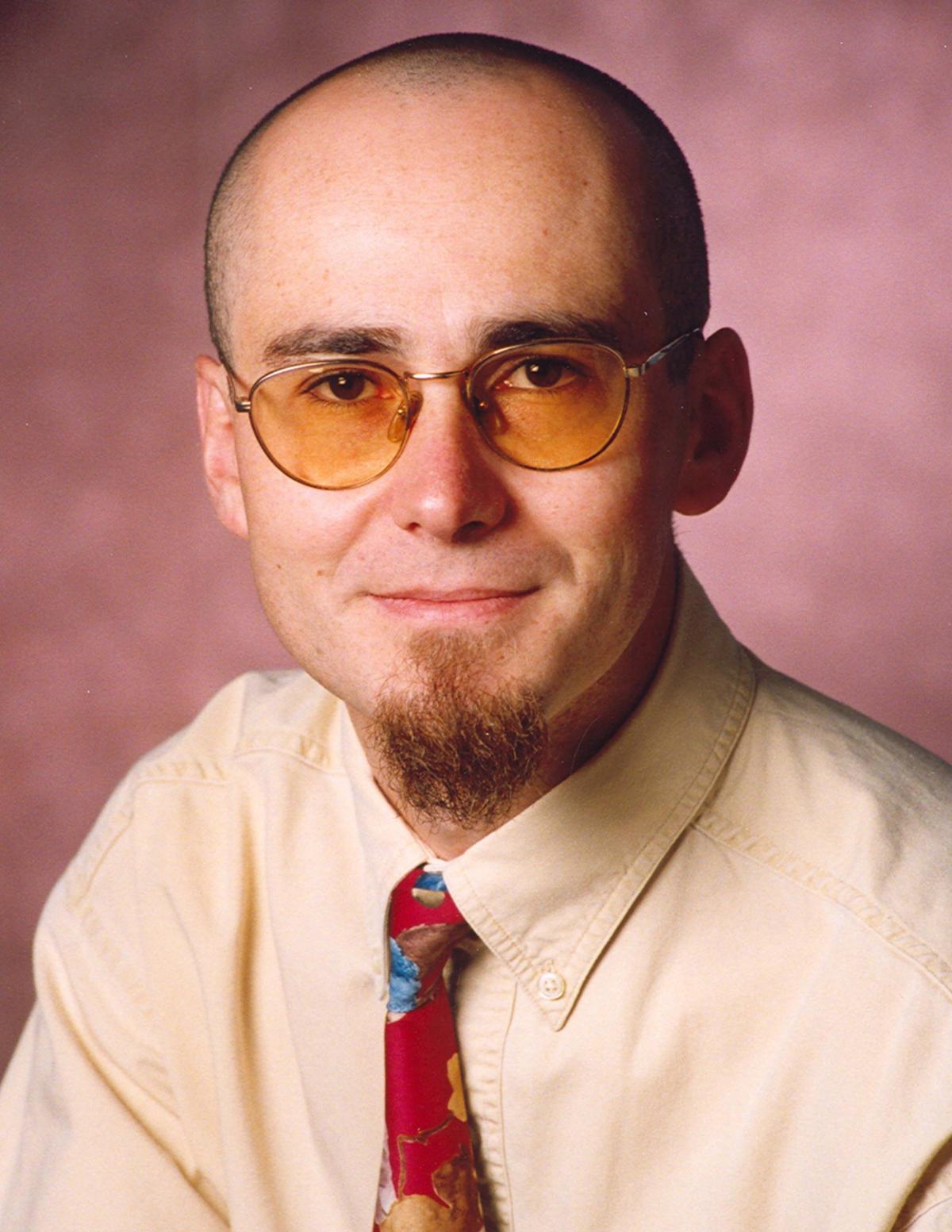
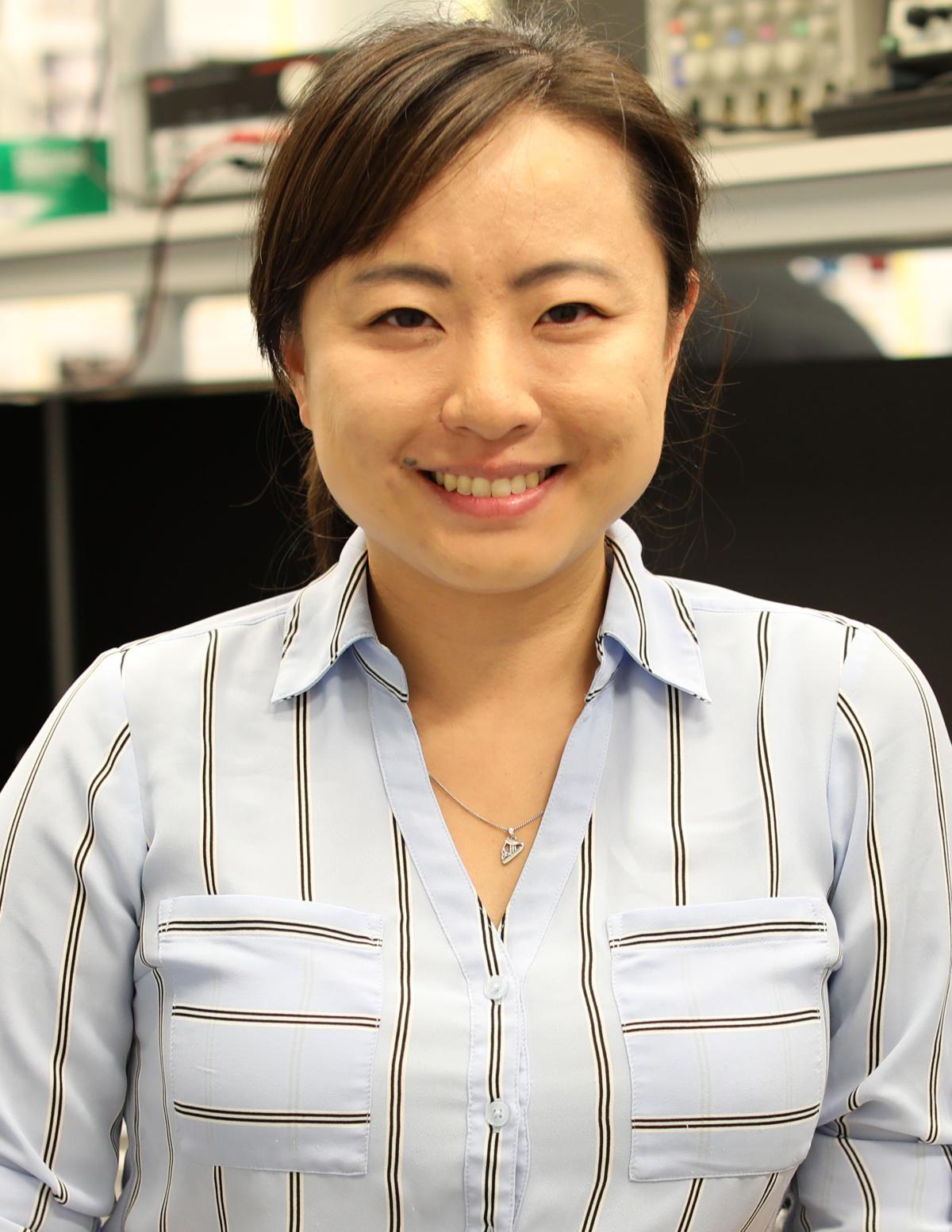
Outstanding Teacher Award (Early Career)
Ellen Mazumdar
Assistant Professor
George W. Woodruff School of Mechanical Engineering
Mazumdar’s teaching philosophy focuses on helping students apply classroom materials to real-world scenarios to foster their growth as independent engineers. To assist struggling students, she has developed a system that gives them a second chance to correct mistakes on exams, rework problem sets, and do alternative problems for extra credit. The method has vastly improved learning outcomes.
Mazumdar recently rebuilt an undergraduate motion controls course that had been neglected for years, while also reformatting a graduate robotics class.
Outstanding Teacher Award (Midcareer-Senior)
Ghassan AlRegib
John and Marilu McCarty Chair of Electrical Engineering
School of Electrical and Computer Engineering
AlRegib has been instrumental in reformatting existing courses and creating new ones that use the AI Makerspace. This includes Fundamentals of Machine Learning, which previously had been reserved for senior- and graduate-level students, and is now available to all electrical and computer engineering undergraduates. AlRegib also created AI First, a course with hands-on studios that provides a foundational entry into artificial intelligence and the Makerspace.
AlRegib also leads a Vertically Integrated Projects team, AI Makerspace Nexus. Nearly all of the 100 students have been working on guidelines, tools, and services to integrate the AI Makerspace into classrooms and the wider campus. They focus on democratizing accessibility to AI as more Georgia Tech students gain access to the supercomputing hub.
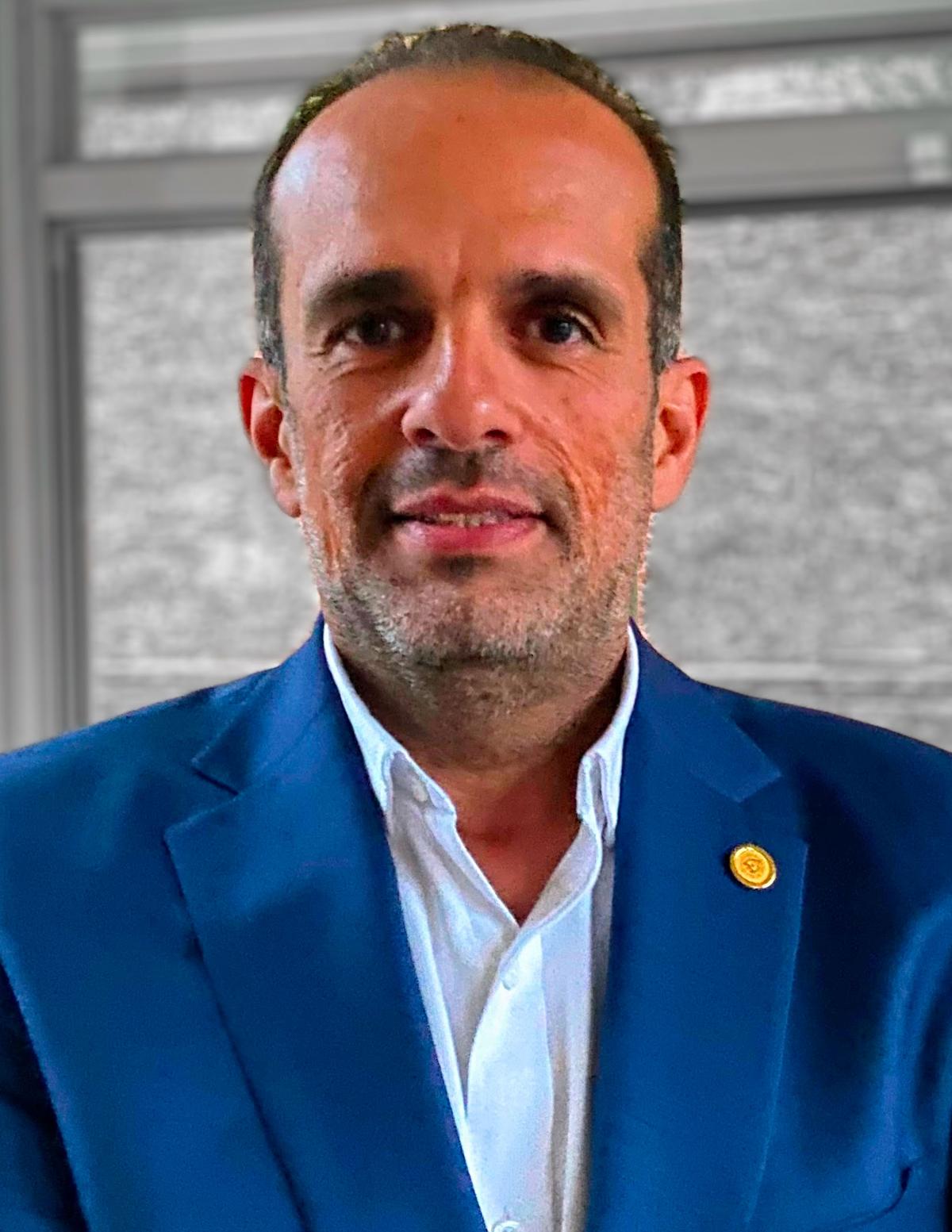
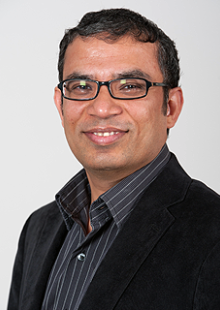
Outstanding Achievement as an Inventor Award
Rampi Ramprasad
Regents’ Entrepreneur, Michael E. Tennenbaum Family Chair
School of Materials Science and Engineering
Ramprasad’s research focuses on the discovery of new polymer, metal, and ceramic materials using computational and machine learning tools. The goal is to accelerate design of new materials for energy production and energy storage in a sustainable manner.
Research in Ramprasad’s lab led to the founding of Matmerize, a company that uses machine learning to develop new polymer formulations. The company’s flagship product is a cloud-based software platform that aims to end wasteful trial and error in materials development cycles.
Outstanding Achievement in Entrepreneurship and Innovation
Gabe Kwong
Associate Professor, Robert A. Milton Endowed Chair
Wallace H. Coulter Department of Biomedical Engineering
Kwong’s research program lies at the interface of bioengineering, immunology, and medicine. His work in advancing biosensors and cell therapies to address unmet challenges in medicine has allowed Kwong to cofound three startup companies focused on liver diseases, neurodegenerative diseases, oncology, and autoimmune disorders. The companies have secured more than $94 million in financing and created approximately 40 jobs.
Kwong’s research portfolio includes nine patents and 31 pending patents. He also has licensed more than 10 patented technologies to biotech companies.
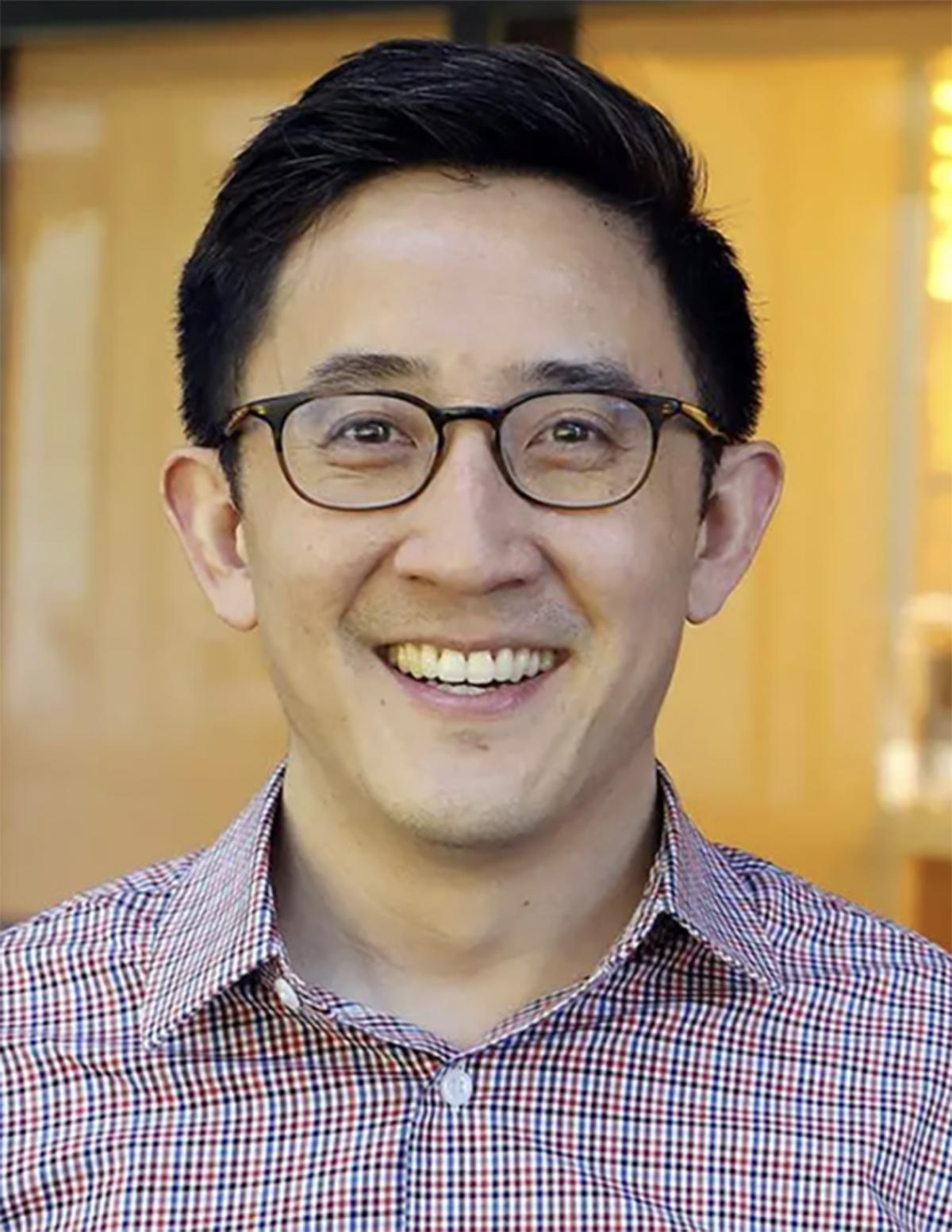
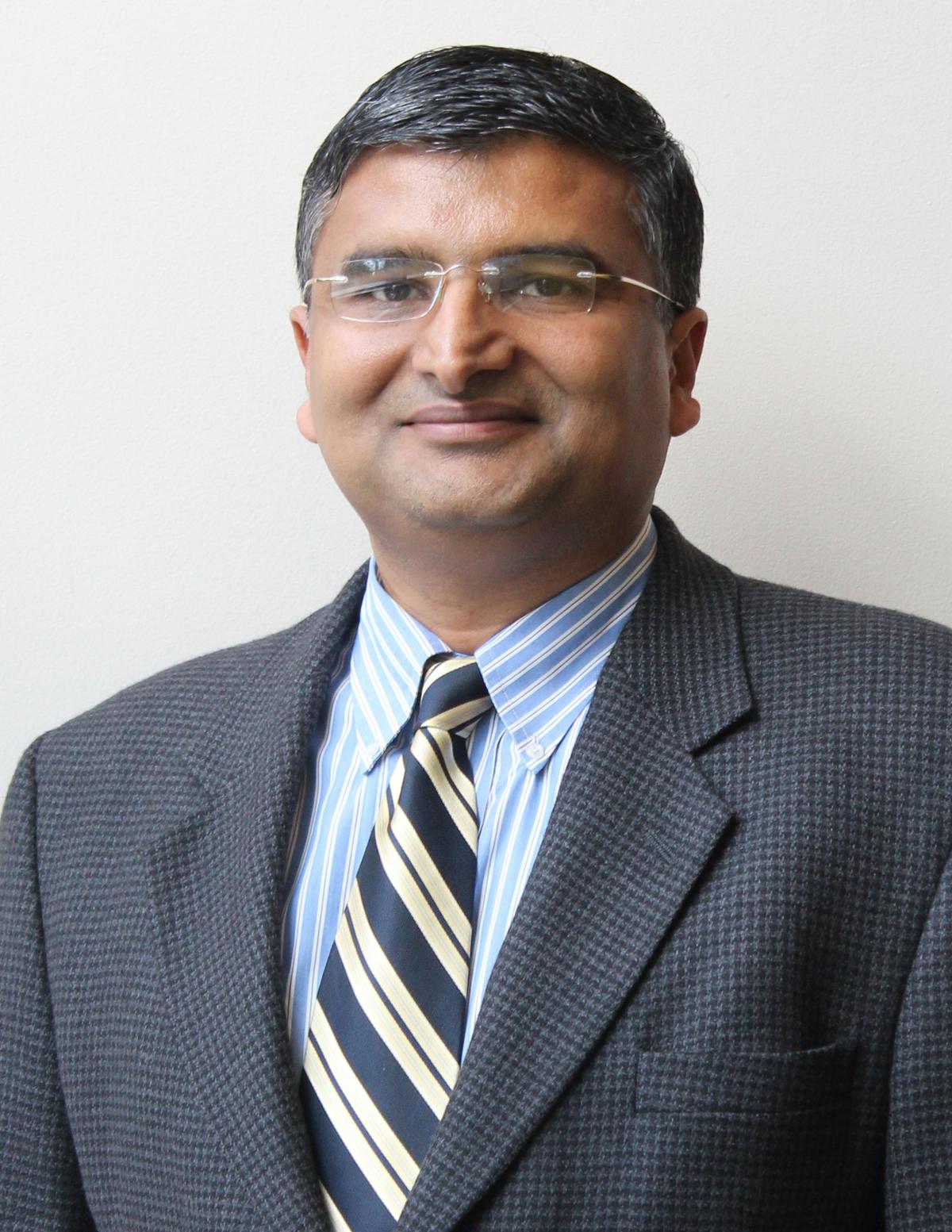
Outstanding Service Award
Jaydev Desai
Cardiovascular Biomedical Engineering Distinguished Chair
Associate Chair for Undergraduate Studies
Wallace H. Coulter Department of Biomedical Engineering
Desai has made Coulter BME a leading voice in the field of medical and swarm robotics. He created the International Symposium on Medical Robotics in 2018 to annually bring together global researchers who discuss advances in surgical robotics and image-guided interventions. Desai also launched the Biennial School on Medical Robotics, which attracts clinicians, engineers, and industry personnel to Georgia Tech to train the next generation of students in the field of medical robotics.
As associate chair, Desai led the development of Georgia Tech’s first undergraduate minor degree program in artificial intelligence.
Related Stories
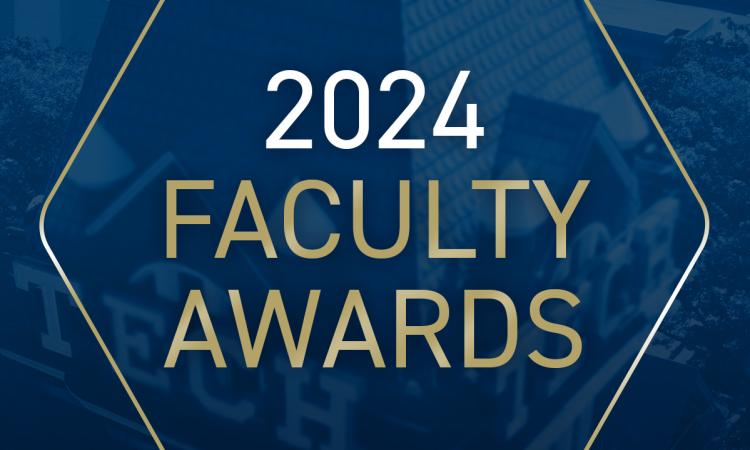
College Recognizes 8 Faculty with 2024 Excellence Awards
Honorees have demonstrated outstanding service, teaching, inventorship and commercialization.
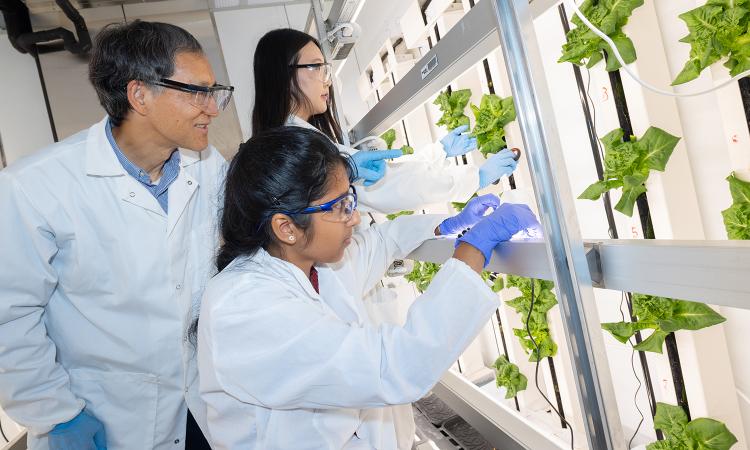
Research Makes a Better World
The College’s research labs are where challenging real-world problems meet unique, creative solutions.